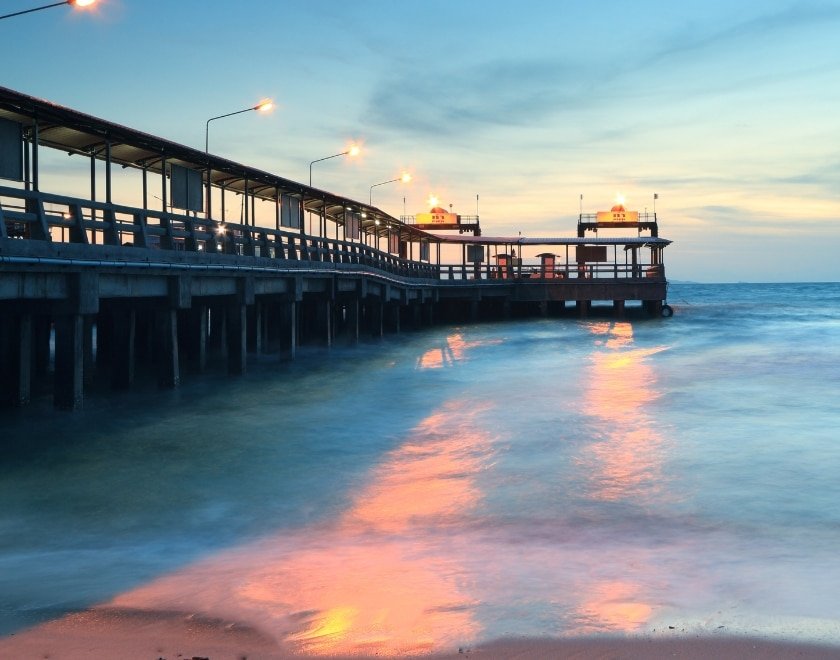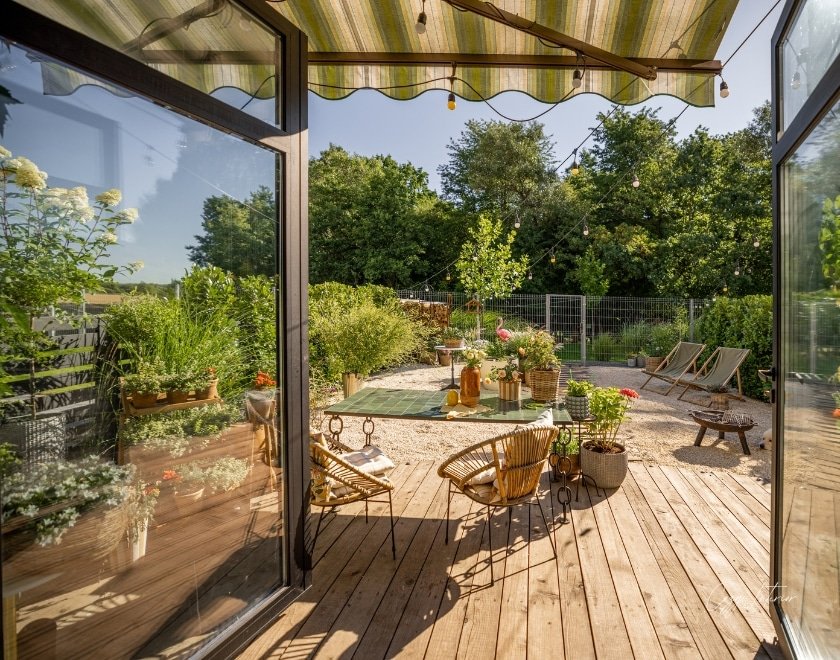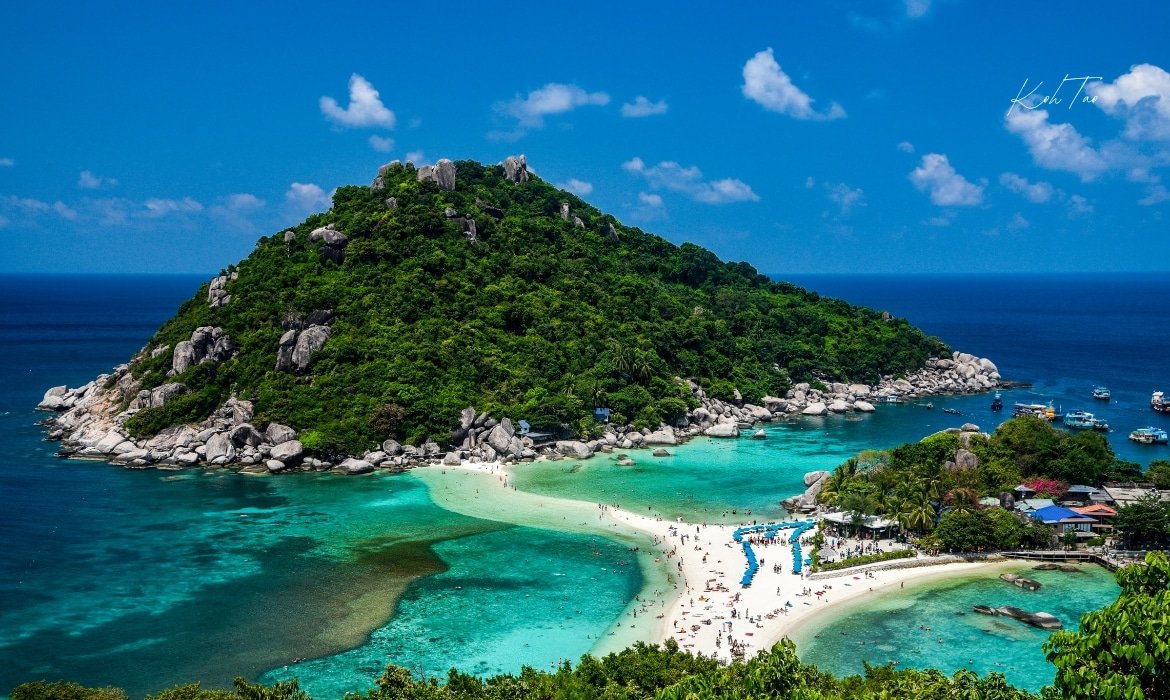There’s a certain magic to waking up to the sound of waves, strolling barefoot to the market, and watching sunsets turn the horizon gold. For many, the Thai islands aren’t just a holiday escape — they’re a new home.
But making the move isn’t as simple as booking a one-way ticket. Whether you’re dreaming of Koh Phangan’s yoga scene, Koh Tao’s diving culture, or the laid-back charm of Koh Lanta, here’s what you need to know before packing your bags.


Understanding the Lifestyle Shift
Moving to the islands means trading rush-hour traffic for scooter rides, and corporate lunch breaks for fresh coconuts by the beach. But it’s also about adjusting to a slower pace, seasonal changes, and limited access to certain conveniences.
Expect a more relaxed daily rhythm
Be ready for “island time” — schedules can be flexible
Embrace outdoor living, but plan for tropical heat and monsoon rains
From bamboo beach bungalows to luxury villas, the islands offer a wide range of housing. Costs vary by location, proximity to the beach, and season.
Short-term rentals are easy to find on arrival
Long-term leases often require 1–2 months’ deposit
Consider off-peak house-hunting for better rates
Moving to the Thai islands is a life-changing decision — one that rewards flexibility, patience, and a love for the sea. With the right preparation, you can trade your old routine for ocean breezes and a vibrant island community.
Cost of Living
The Thai islands can be surprisingly affordable — or unexpectedly expensive — depending on your lifestyle.
Typical monthly expenses:
Rent: ฿8,000–50,000 ($220–$1,400)
Utilities & internet: ฿2,000–4,000 ($55–$110)
Groceries & dining: ฿8,000–20,000 ($220–$550)
Scooter rental: ฿3,000–5,000 ($85–$140)
Staying Connected & Building Community
Island life is as much about people as it is about place. Many expats find community through:
Yoga studios and wellness centers
Diving schools and water sports clubs
Local markets and festivals
Social media groups for residents
Considering Property Investment
If you’re thinking of making the move permanent, real estate can be a long-term option. Foreigners can’t own land directly but can purchase condos or lease land for 30+ years. Working with a reputable agent is key to navigating Thai property laws.






